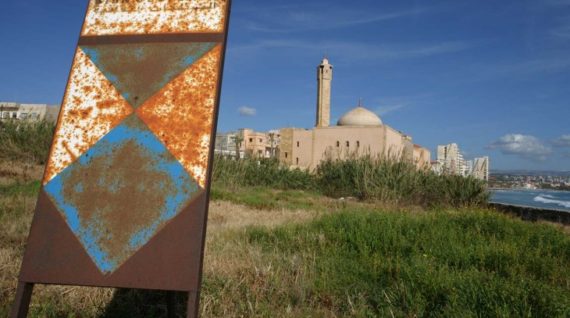Listen back: New frontiers in the protection of cultural heritage in armed conflict
During this HILAC lecture, we spoke to researcher Marina Lostal Becerril about protecting cultural heritage in armed conflicts.

Marina has researched the behaviour of armed non-state groups in Iraq, Mali and Syria. What is their attitude towards the protection of cultural heritage?
Armed conflicts change societies in many unimaginable ways. The destruction of cultural heritage makes this clearly visible. Ancient monuments are destroyed and can never be rebuilt. This directly affects the identity and pride of people and nations.
In order to protect cultural heritage, a treaty was drawn up 65 years ago: the Convention on the Protection of Cultural Property. This treaty, together with the two associated Protocols, requires countries to do everything possible to protect cultural heritage, according to certain laws. However, non-state groups in particular are now involved in armed conflicts. Such groups are unable to sign this treaty, or other international treaties, which are drawn up exclusively for states. So how do these non-state groups view the protection of cultural heritage? And how can we create an international legal system that is better able to protect cultural heritage during the conflicts of today?
https://soundcloud.com/humanity-house/hilac-lezing-bescherming-cultureel-erfgoed-in-gewapend-conflict
















